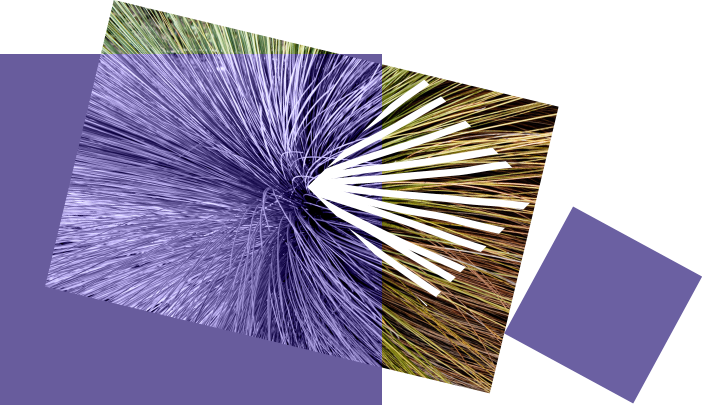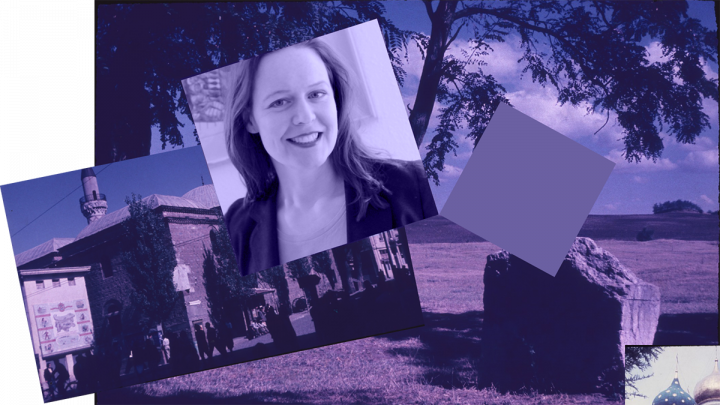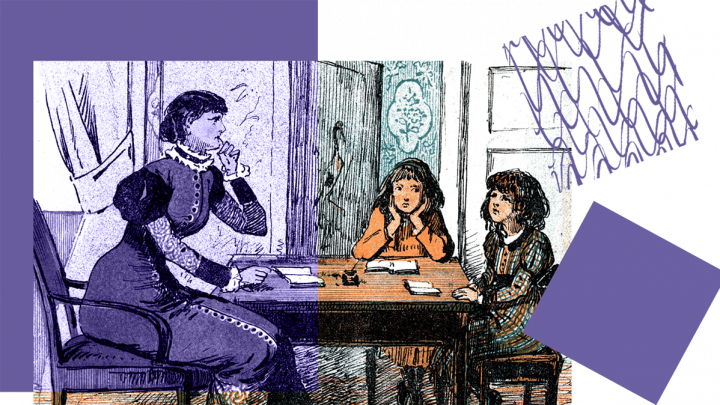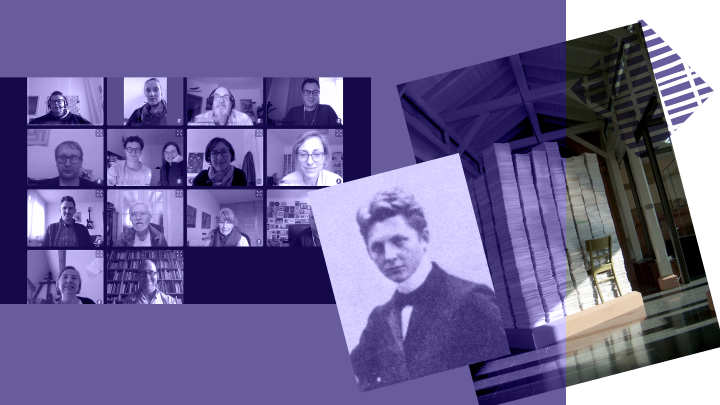Nearly 7 million times the Terra-X videos released under CC were accessed on Wikipedia and Wikimedia Commons in 2020.
On the occasion of the 20th birthday of the German Wikipedia, filmmaker Sandra Trostel has made her documentary “All Creatures Welcome” (www.allcreatureswelcome.net) available to Wikipedia and Free Knowledge. A conversation about the principle of “public money – public good”.
Ms. Trostel, you advocate that publicly funded documentaries should be made available under a free license for the long term – why do you advocate this as a creative?
For me, free licenses mean sustainable visibility as well as sustainable use and re-use. This includes ensuring that the works remain permanently discoverable, because documentaries are always also contemporary documents. They are part of our history and must not disappear into the depths of the archives, for example for financial reasons. Digital technologies make duplication possible at almost no cost, but the exploitation mechanisms and financing models of the media industry rely on artificial scarcity and limitation. This is particularly incomprehensible in the case of public service broadcasting (ÖRR). Another point is that with freely licensed documentaries on the net, we could actually help shape the view of society.
To what extent?
There is currently quite a lot of anti-democratic propaganda and fake news freely available on the net that call themselves documentaries – be they climate change denier documentaries or QAnon justifications. The point is to make a decisive contribution to the definition of moving image content on the net – by advocating for the representation of diversity and variety with the demand for free licenses. In addition, this would give us something to counter the documentaries produced in line with the market, which are mostly only accessible via the platforms of the big monopolies behind paywalls.
How should a model of free licenses at the public broadcasters be designed in concrete terms?
There is a widespread misconception in society that public service broadcasting covers all of its internal programming costs with the fee per household. Unfortunately, this is not the case at all. Large parts of the production costs are passed on to the freelance creatives, the manufacturers and producers, with the indication that they could sell their work further. In addition, wage squeezing has been common practice in this area for years, so the public service broadcasters exploit their oligopoly position wherever possible. Film producers should first of all be put in a position where they can actually afford to publish their work under free licenses.
What is necessary for this?
In essence, it is about the adequate and complete financing of all production costs and in addition, the creation of reserves, social security, pension and health insurance for all trades and employees involved in the production and, of course, the possibility to develop new material. We are therefore talking about a total buy-out, as is quite common in other industries, for example in graphic design. This is the only way to turn public money into public documentary work: paid for by society, given back to society for the common good.
Where do you see imbalances in the public service broadcasting system?
I see structural imbalances on many levels. For one thing, in the representation of the diversity of our society. This requires not only a wide variety of content or of the people portrayed, their backgrounds, milieus and topics, but also diversity among the makers and the documentary formats. On the other hand, the ÖRR puts too much money into soccer and disproportionately expensive talk shows, director’s salaries and pensions that are way above the income of today’s program makers. In addition, the editorial system is cumbersome and the films that are made are heavily regulated in terms of form. Free, non-fixed format broadcasting slots are almost non-existent.
What is your demand?
The ÖRR is in urgent need of reform. But I doubt that this cumbersome apparatus can be turned around in such a way that it can do justice to new technologies and the cultural and social challenges that arise as a result. That’s why I have a concrete demand for an alternative model: at least two percent of the fee per household should be spent on documentary productions each year – through direct commissioning of filmmakers and producers, coupled with a partially randomized allocation model, as is practiced in science, for example.
What could this improve, especially for creative professionals?
A lean administration would free up funds for creative diversity. And it would ensure that the money flows unbureaucratically to where it is needed, so that social added value can arise in the first place. The system of producing under a free license would also be more resource-efficient, because – as long as it is compatible with personal rights – one could fall back on images that have already been produced. For example, one would not have to shoot the Reichstag five times a year.
Sandra Trostel
Sandra Trostel is a filmmaker and producer working on storytelling in digitality. Her work focuses on analyzing current and future social developments through digitalization. Her documentary projects such as Utopia Ltd, Everybody’s Cage or All Creatures Welcome have been presented at international festivals, in cinema and on television. In 2020, she co-founded FAIRY BOT with Thies Mynther for transgressive storytelling. More: https://sandratrostel.de/about-me/

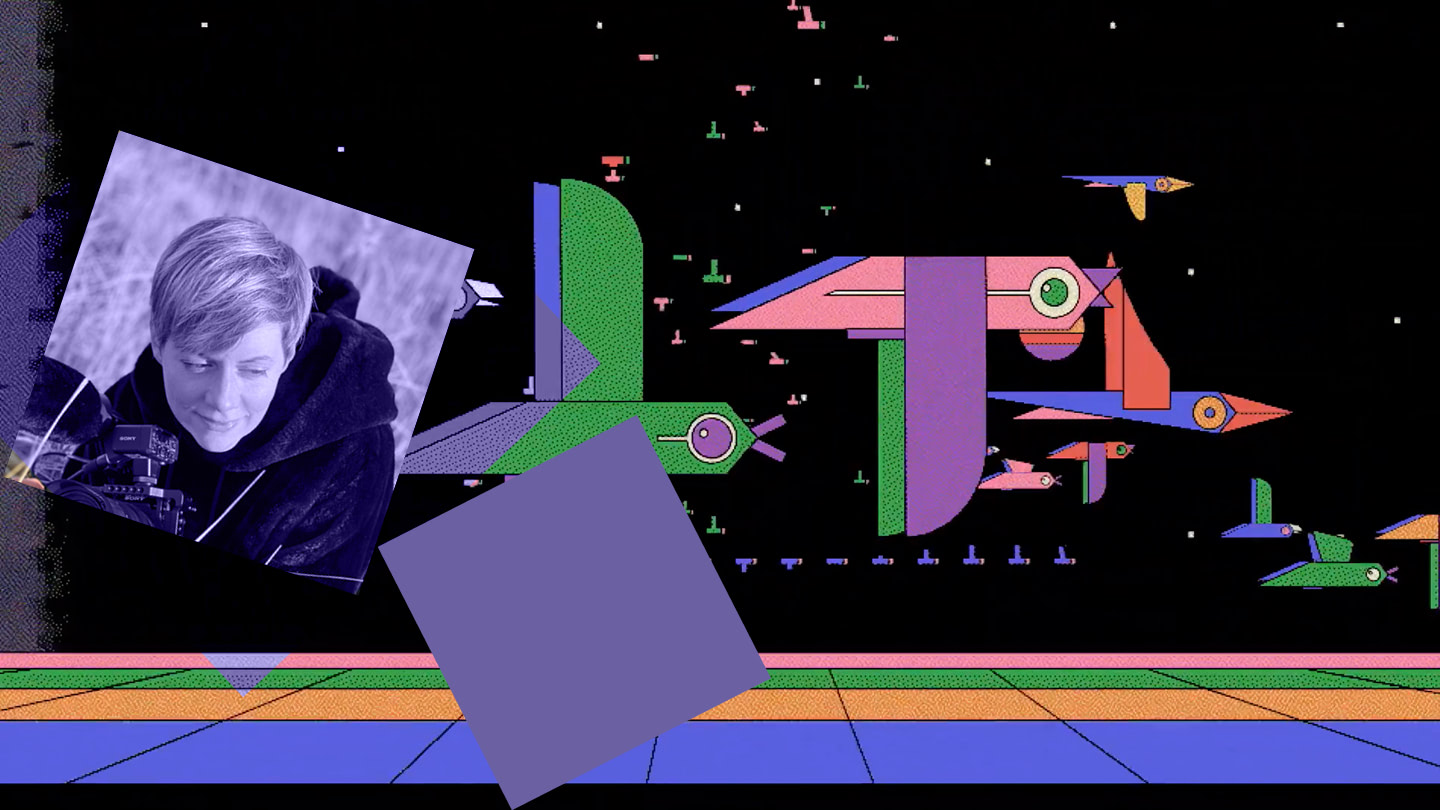
 www.wikimedia.de/
www.wikimedia.de/